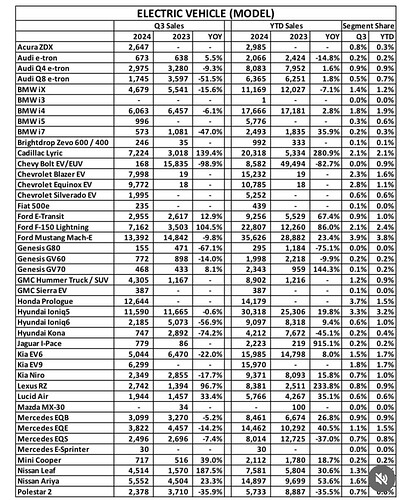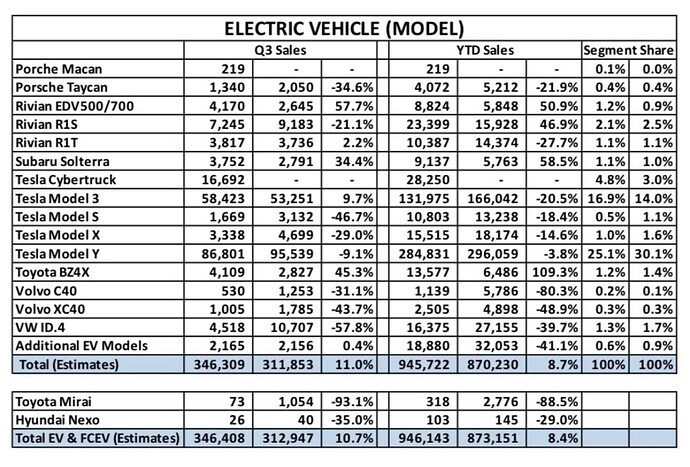EV 4 Wheelers-New EV policy for Cars In India- Quo Vadis ?
After 6 months of New EV policy on cars- it did not attract the attention of Global players.
Tesla is gone at least for now.- not interested in coming to India. BMW joins a growing list of Global companies that have refused to participate under the new EV policy, which was announced by the govt in mid-March with much fanfare, mainly to attract other multinational companies like Hyundai and sibling Kia, Mercedes-Benz, Volvo, Toyota, Honda Cars, JLR and the Stellantis group.
What are the incentives offered ? what do these Global giants comment on these incentives? Please read these articles … Very interesting… Is Indian Govt doing something ?.
Now , coming to existing domestic EV car players , there seems to be intense lobbying against each other till date …Maruti Suzuki & Toyota say Hybrid car is the best option for India while Tata & Mahindra are in favour of EV… Both EV of Tata and Mahindra are best sellers where as Maruti Toyota are not leaving behind in selling the Hybrid cars with flexi fuel blends in equal numbers even without govt incentive like EV.
But when the question of inviting new international EV players like Tesla , BMW, Mercedes arises , all the 4 domestic players join hands to lobby against the new EV policy…
This is clear , each company has its own business interest.
So far now , it is all these 4 companies will fight for a pie in 4 wheeler car market.
But the only signal that EV 4 wheeler sales have come down partly because of withdrawal of FAME 2 subsidy and inadequate charging infra and there is seasonal factors.
Who are the EV car leaders in India ?.
The top 3 players in EV cars are Tata motors (61% market share) , MG Motors (16% Market share), M & M (7%)
M & M has some interesting products in SUV range which is high in demand and the company is ramping up production. It has the fastest growing products.- seems unstoppable and unbeatable. please read the article to find more.
Going forward , it is going to be tough for existing EV players and fittest will survive with multi products- petrol/ hybrids / CNG/EV , product reliability , service infra .
We have to see what the govt is planning to promote EV 4 wheelers…EV policy 2 is coming up !
Discl,: Remain invested in Mahindra & Mahindra , Maruti Suzuki, Tata motors from.lower level Not a buy sell recommendation.please do your own assessment before buy sell decision.



